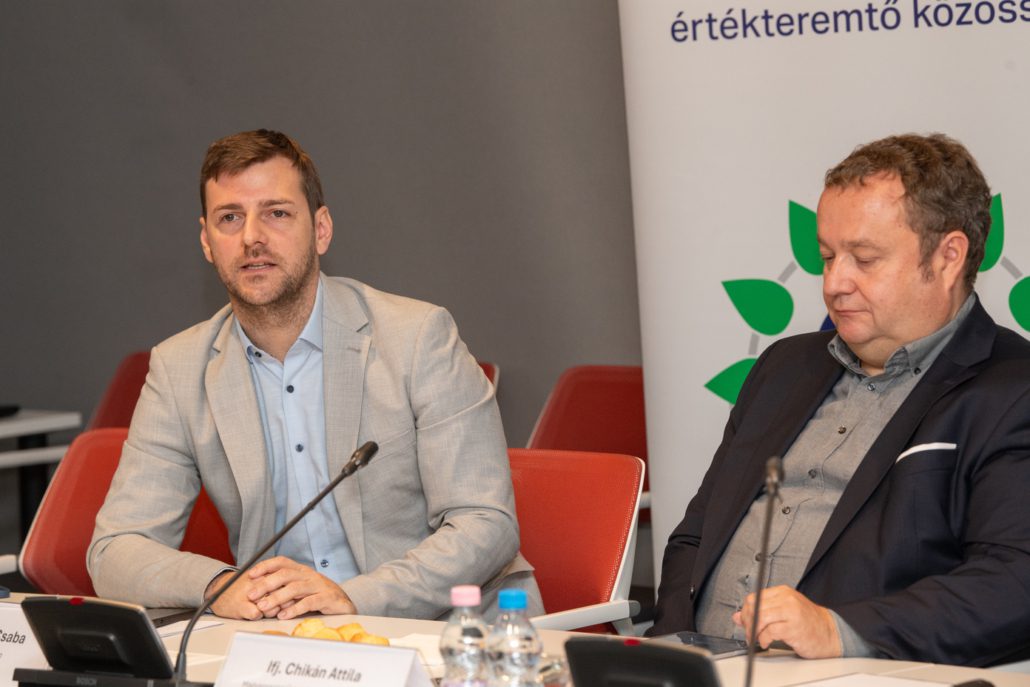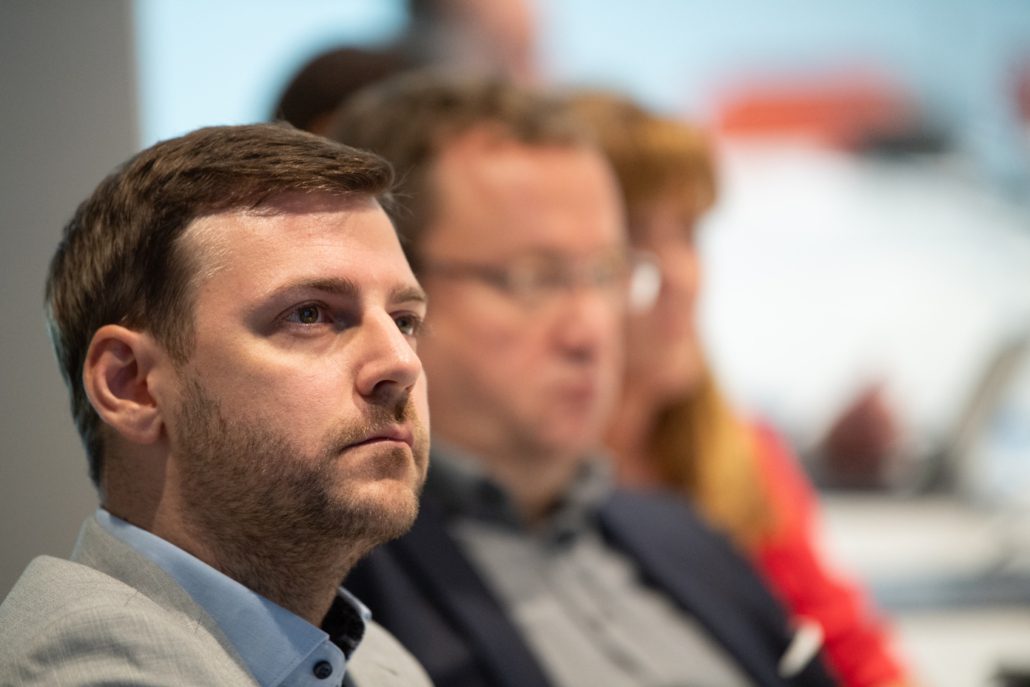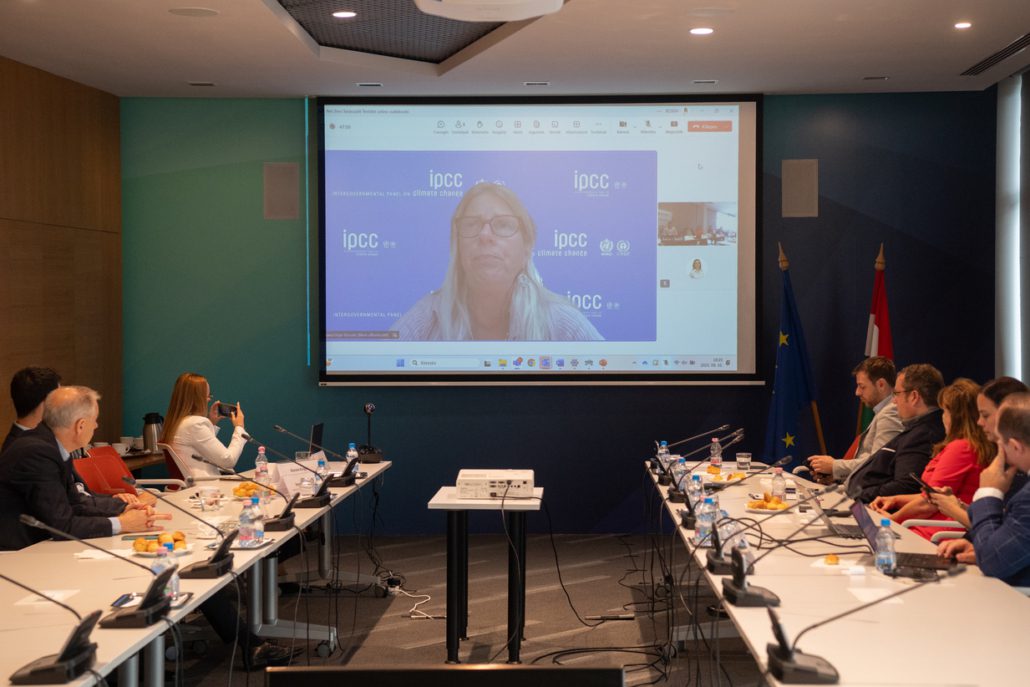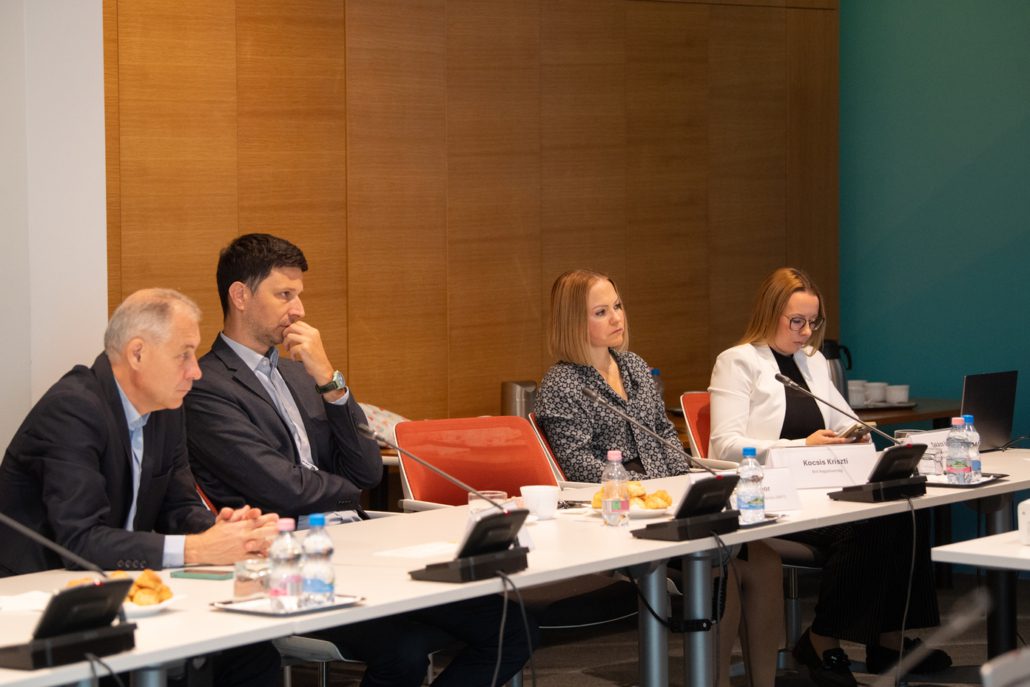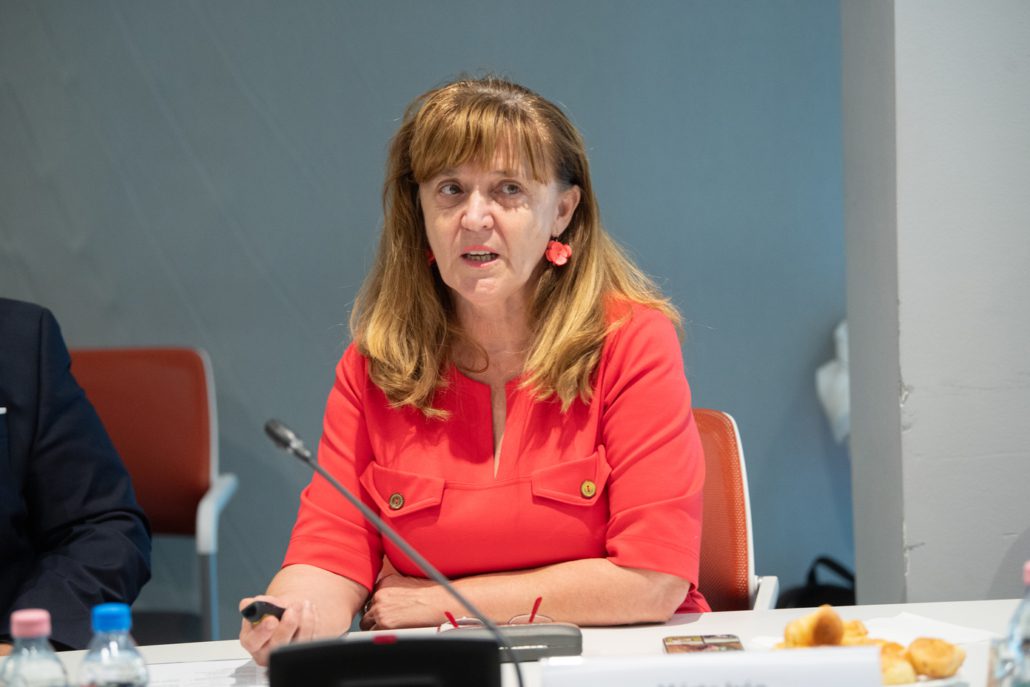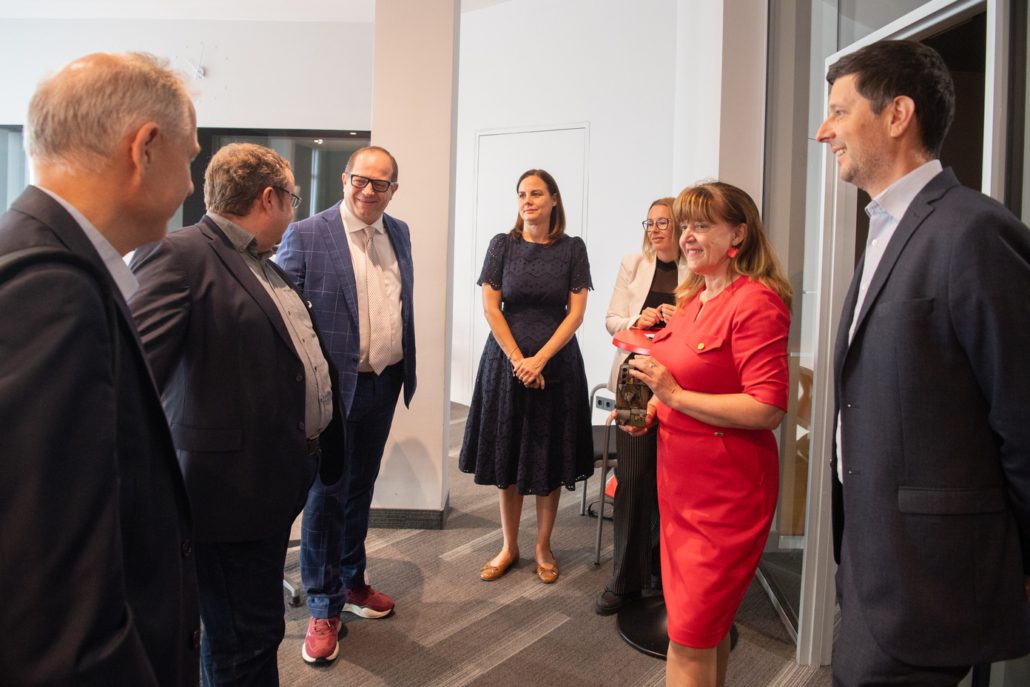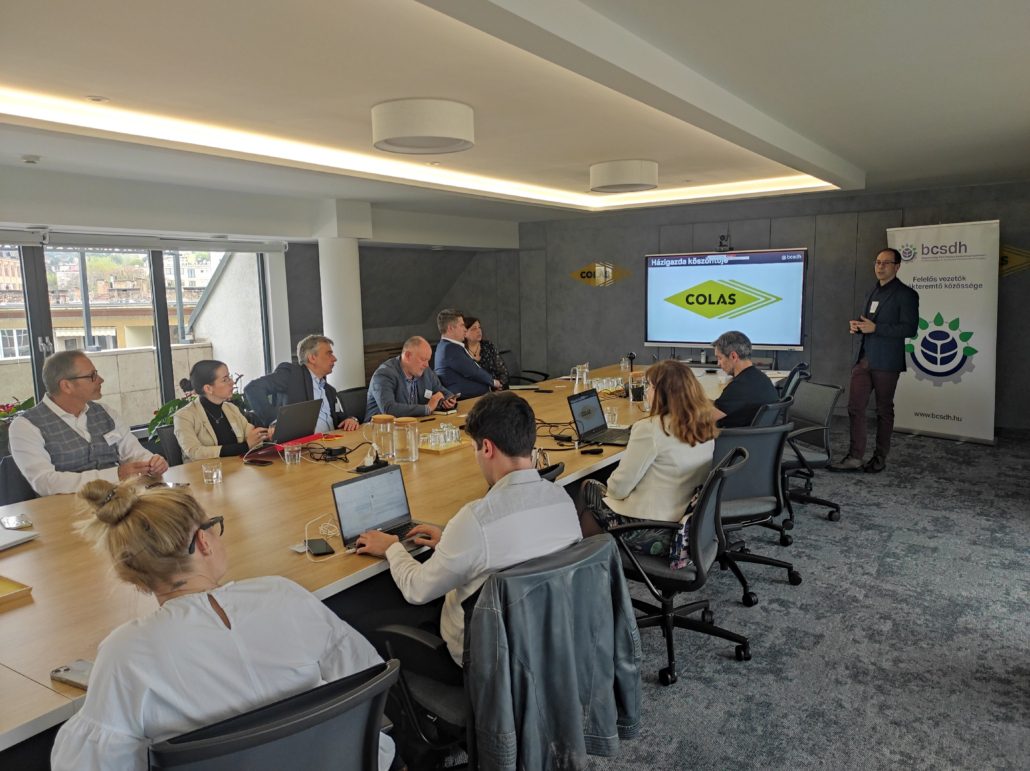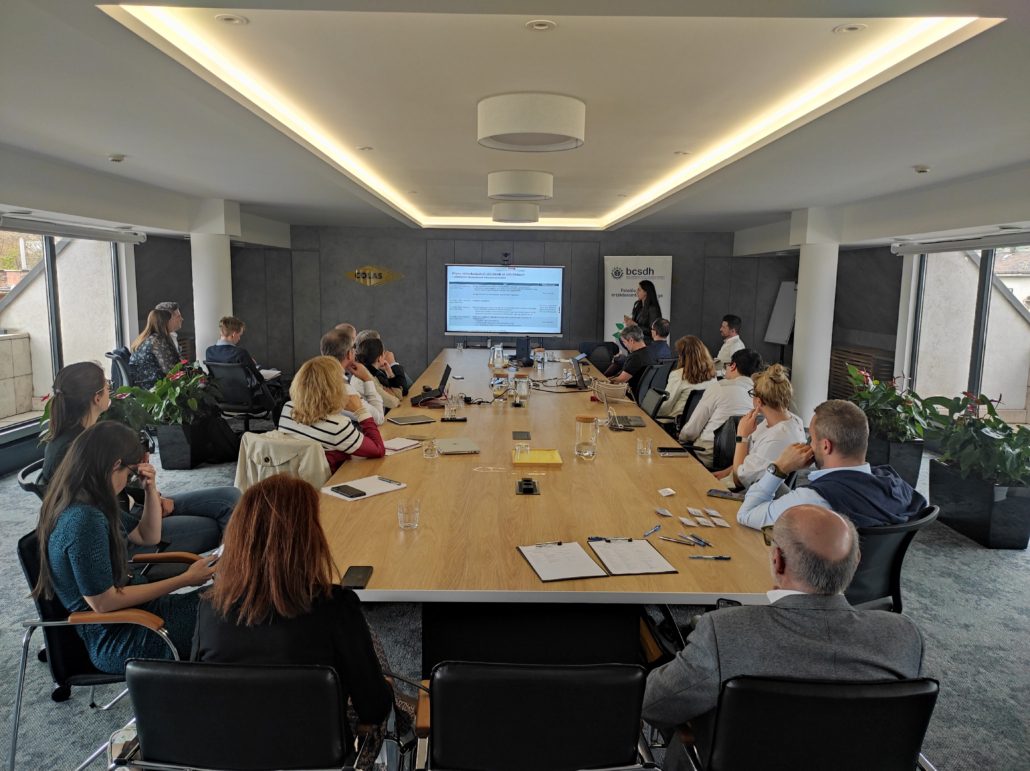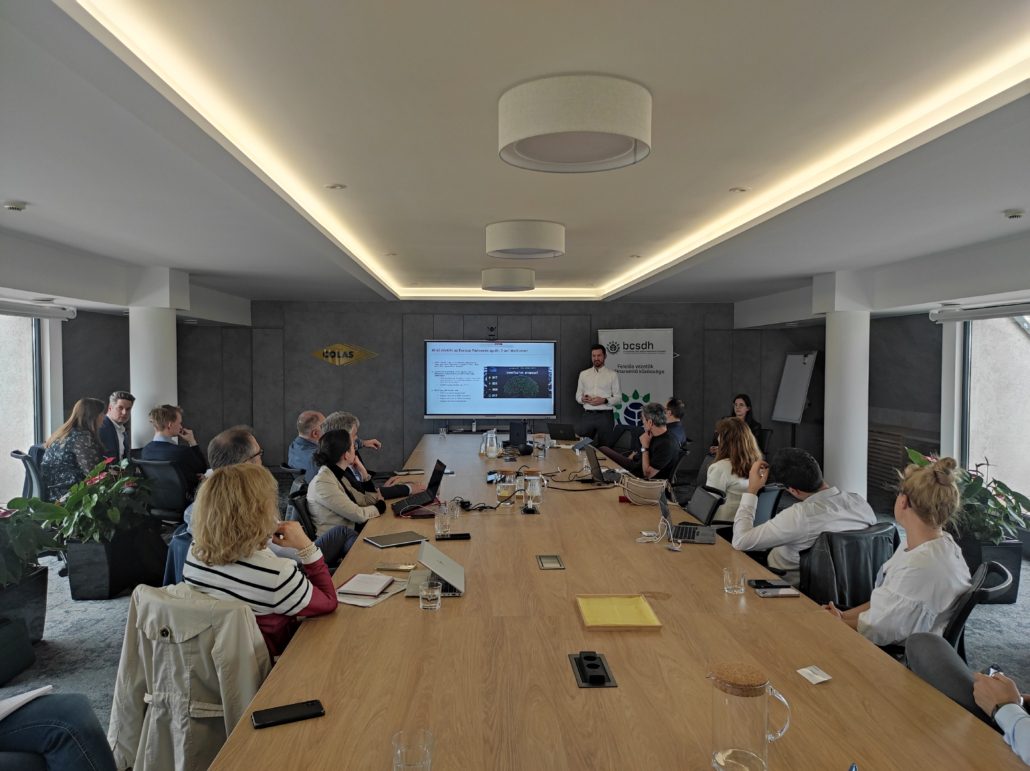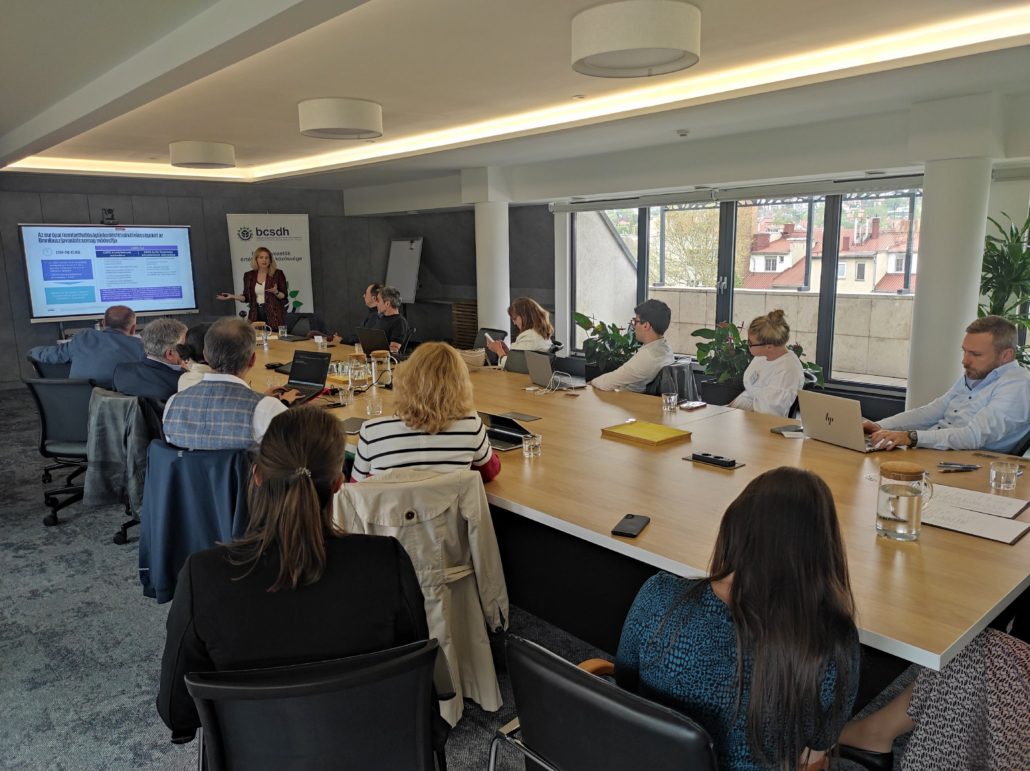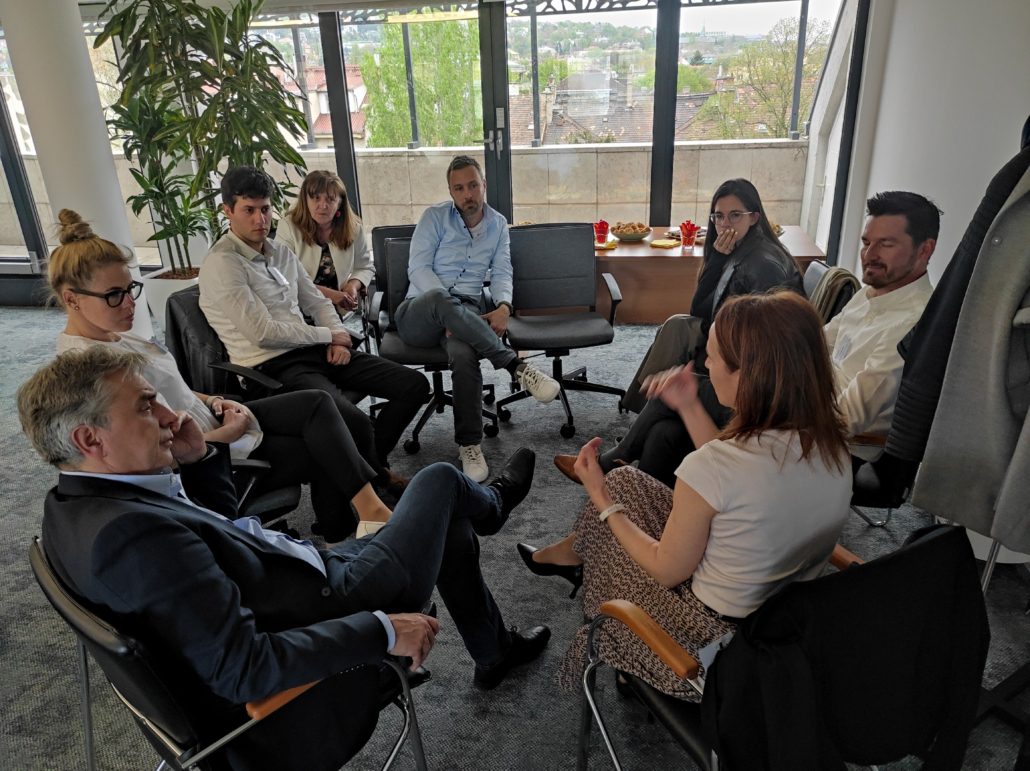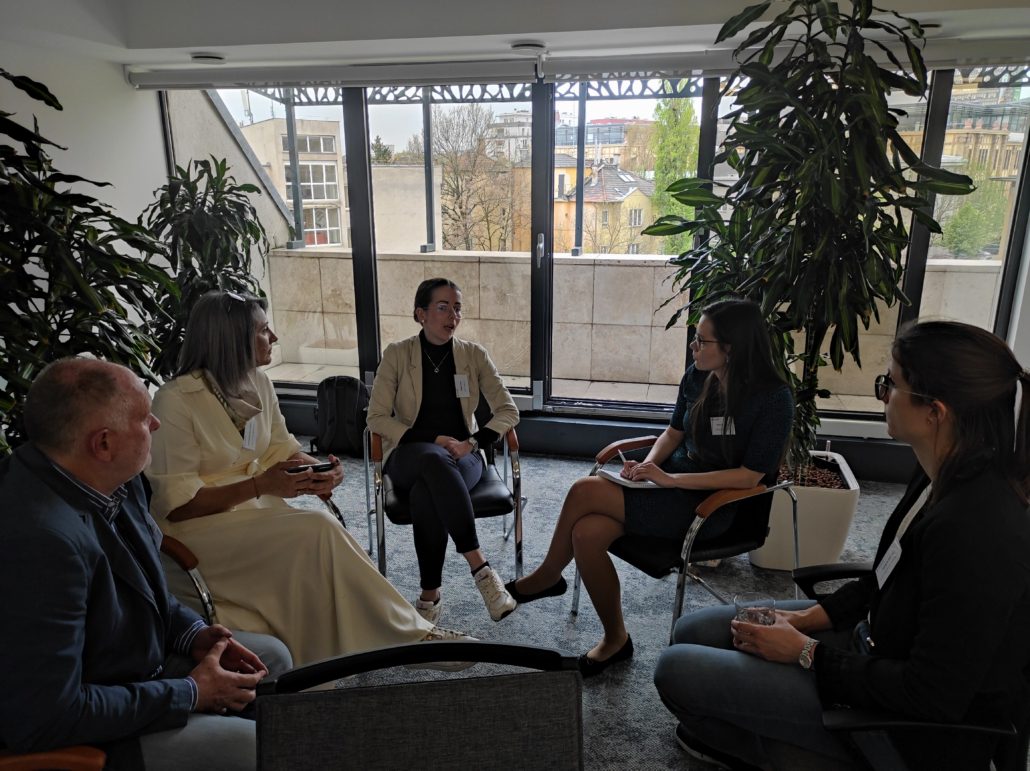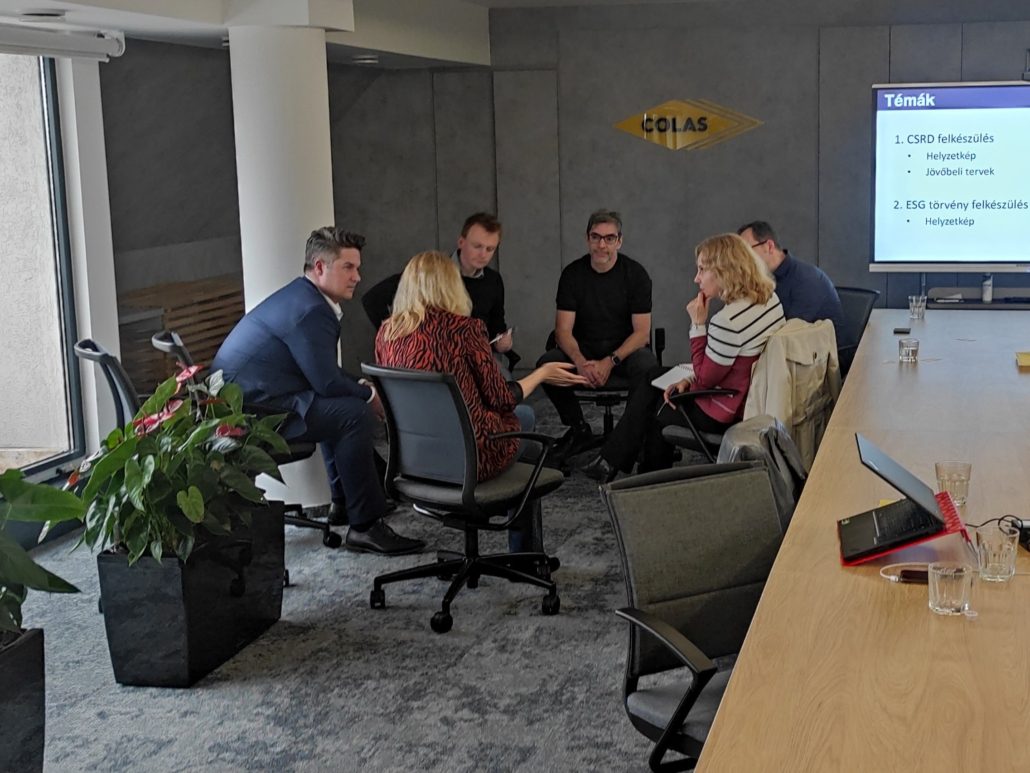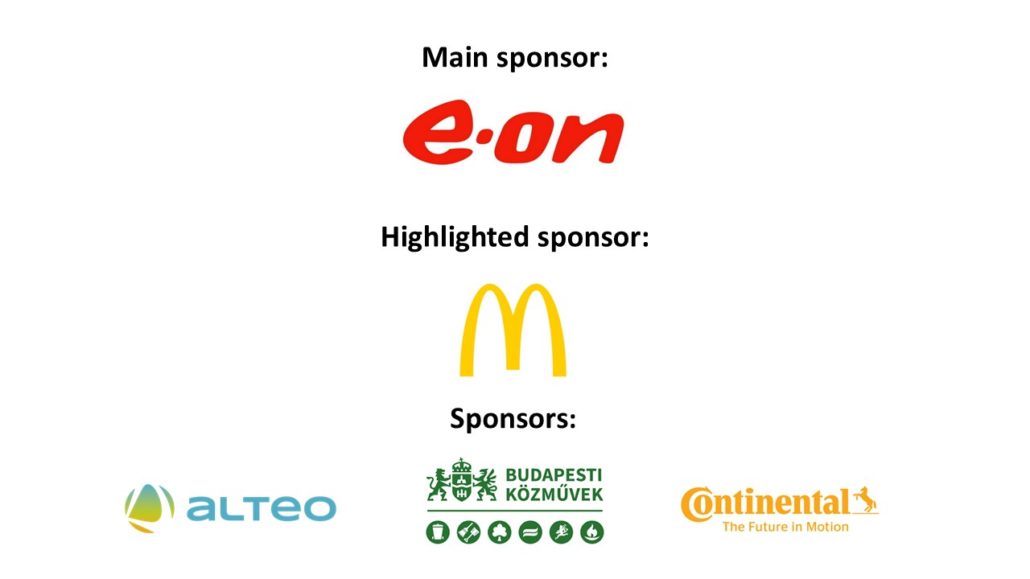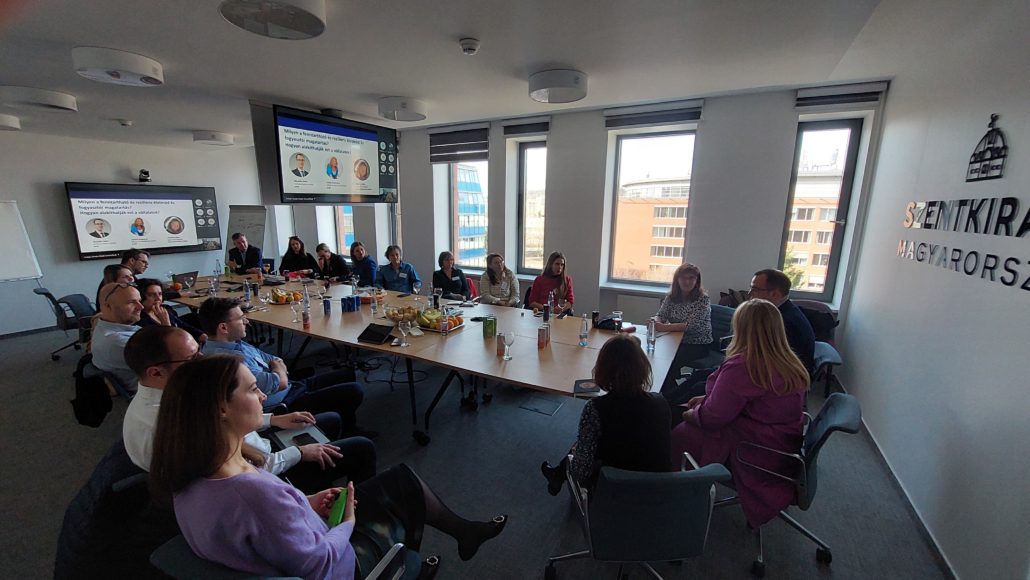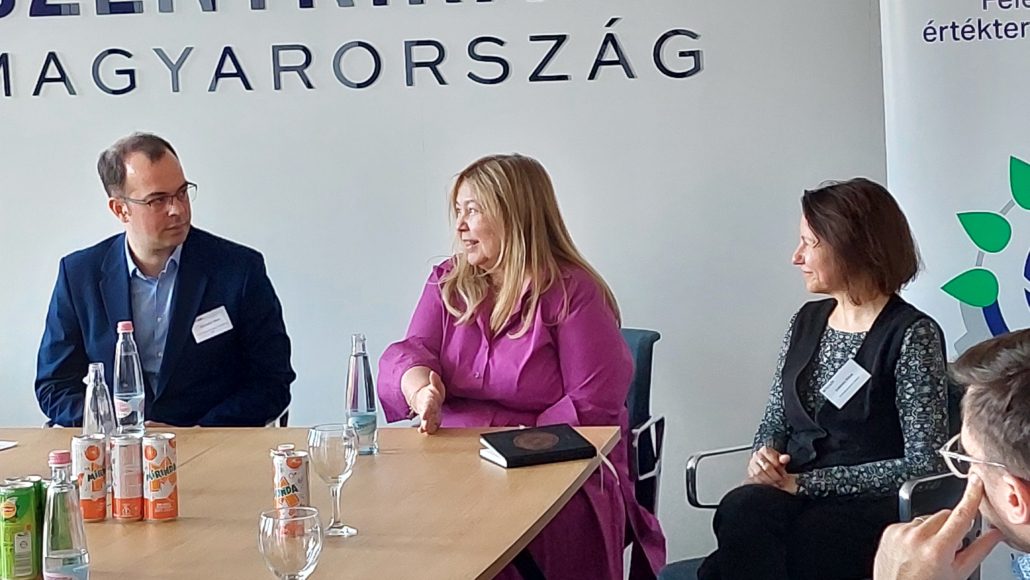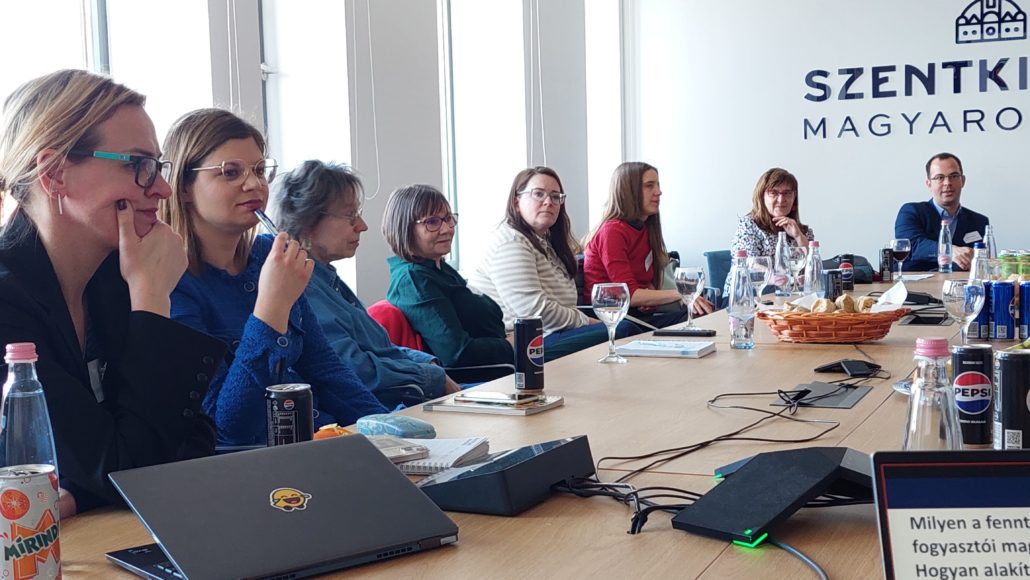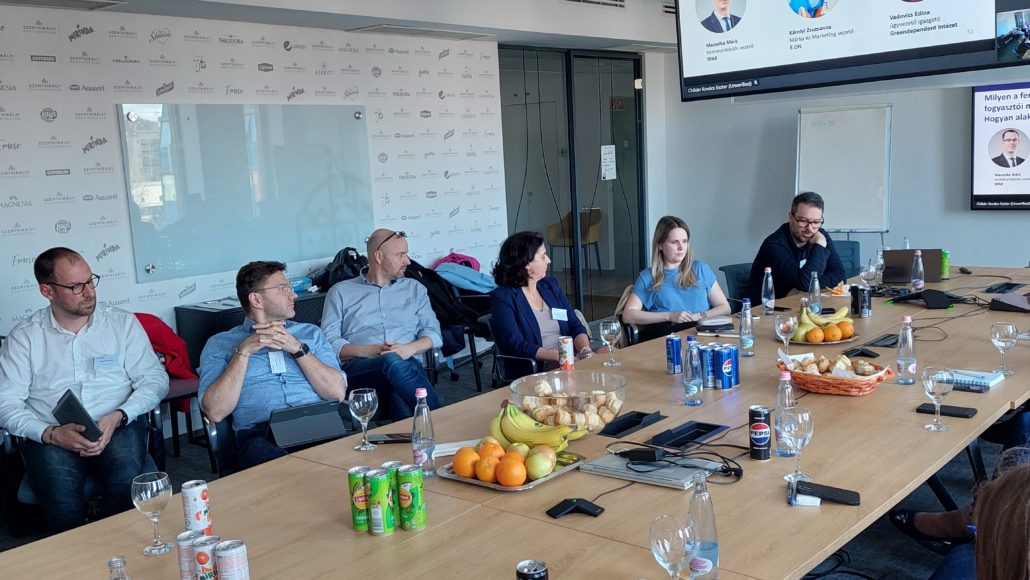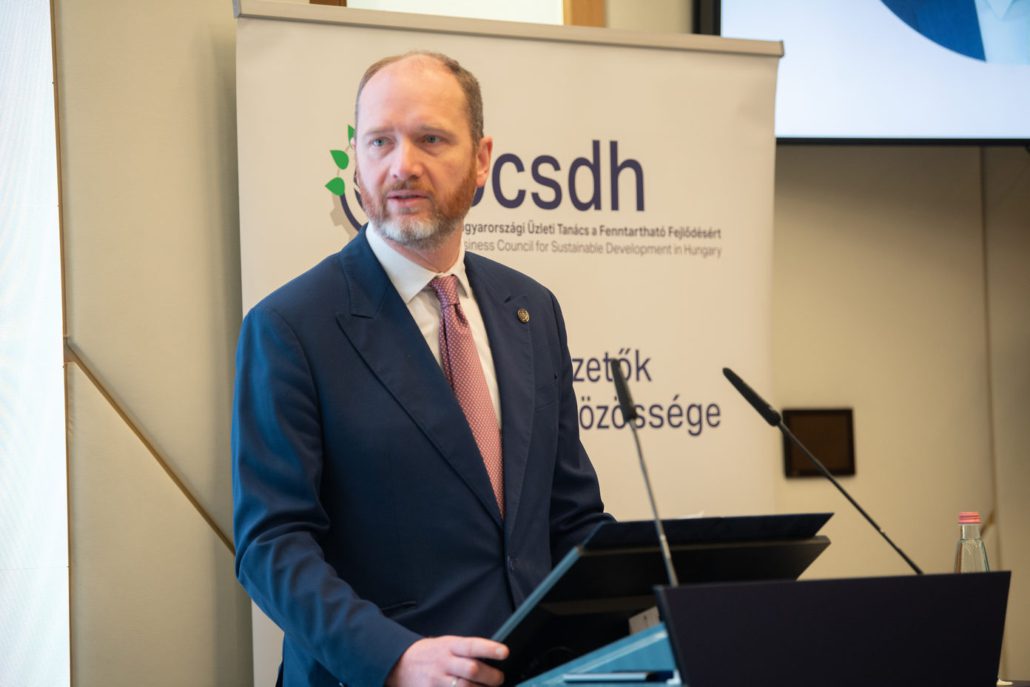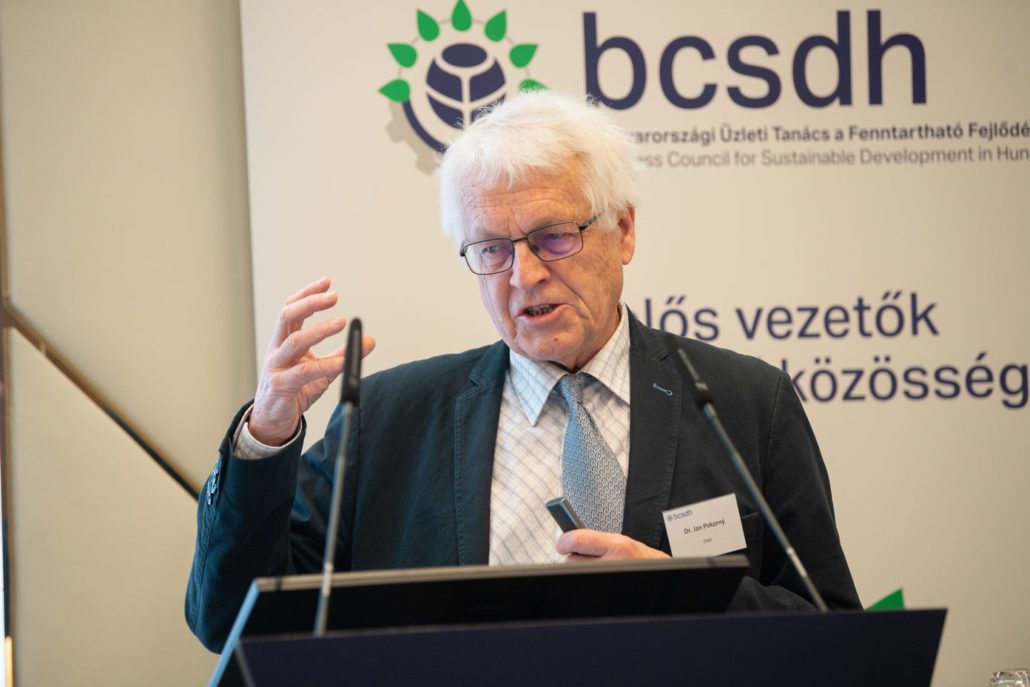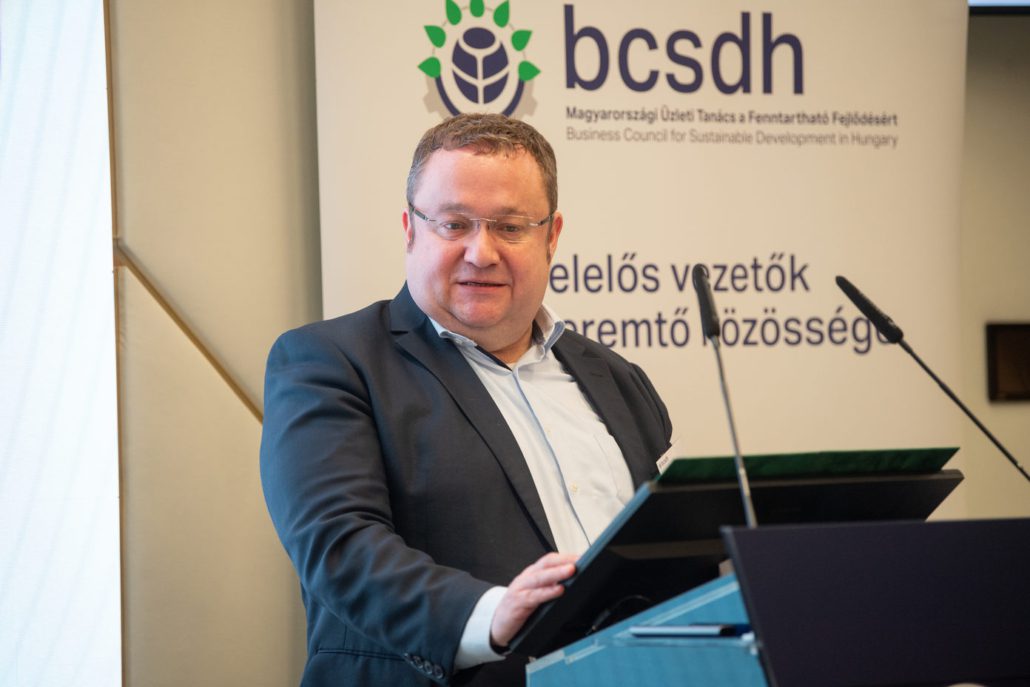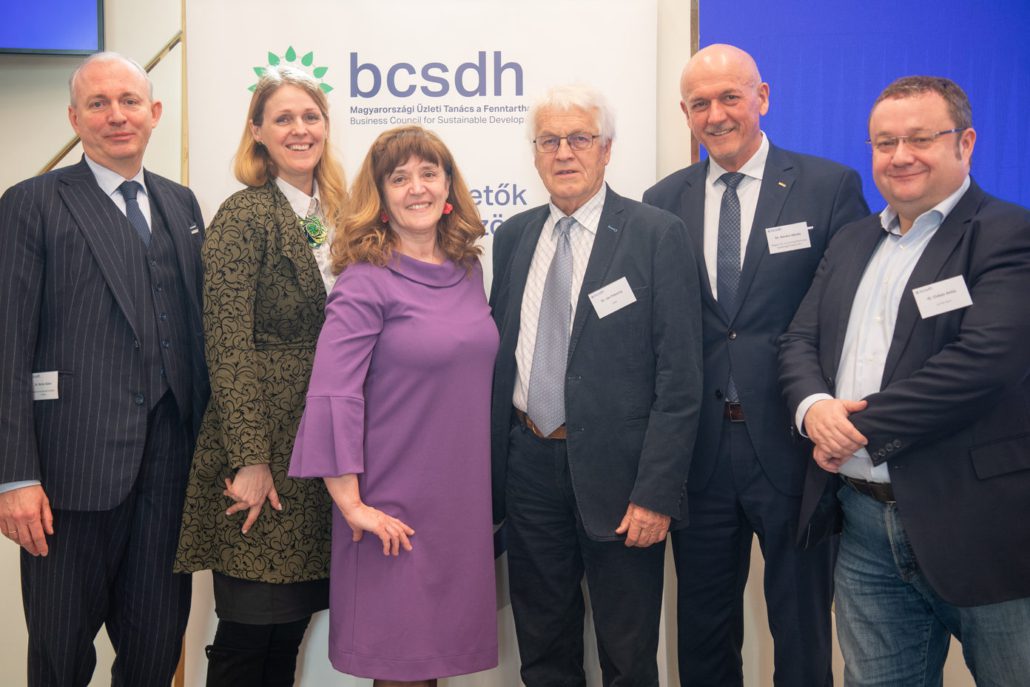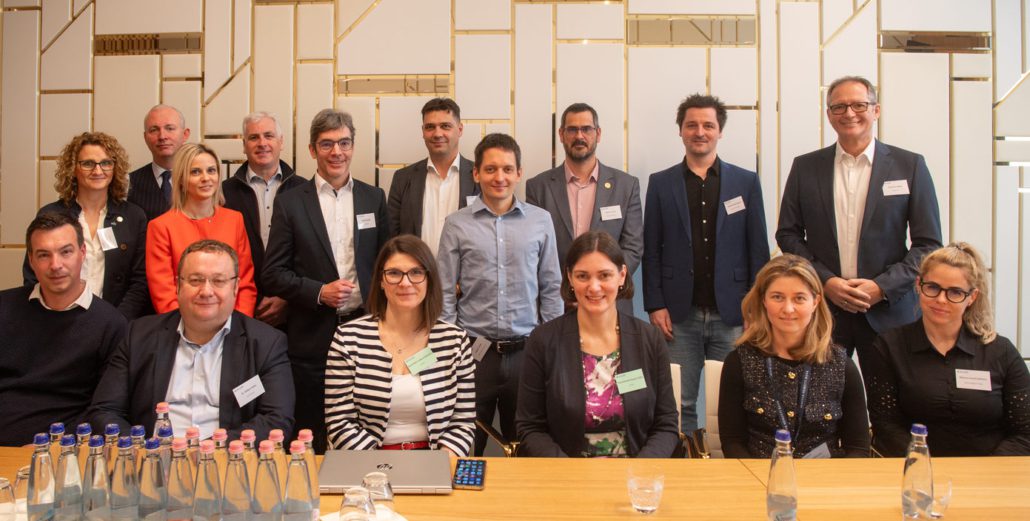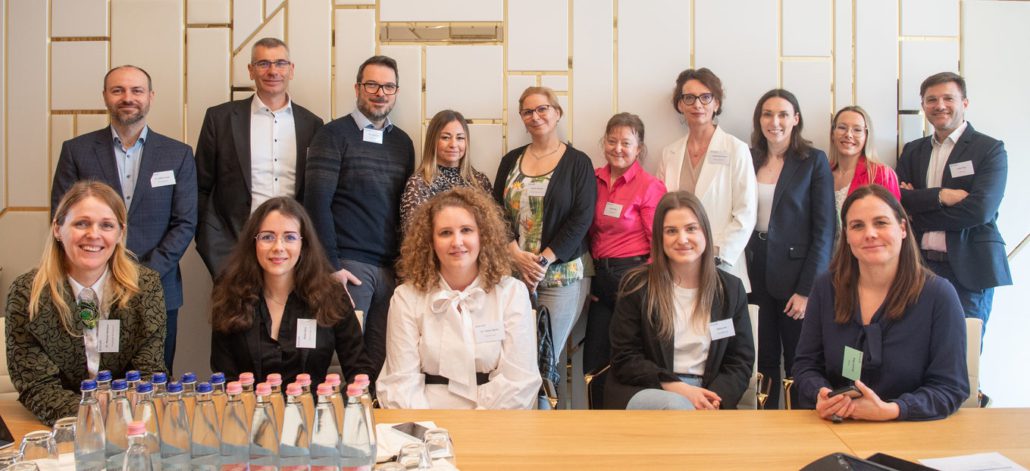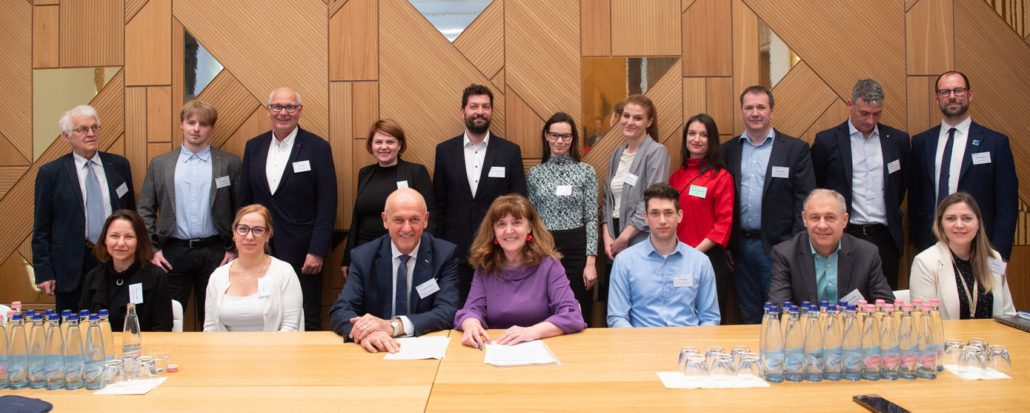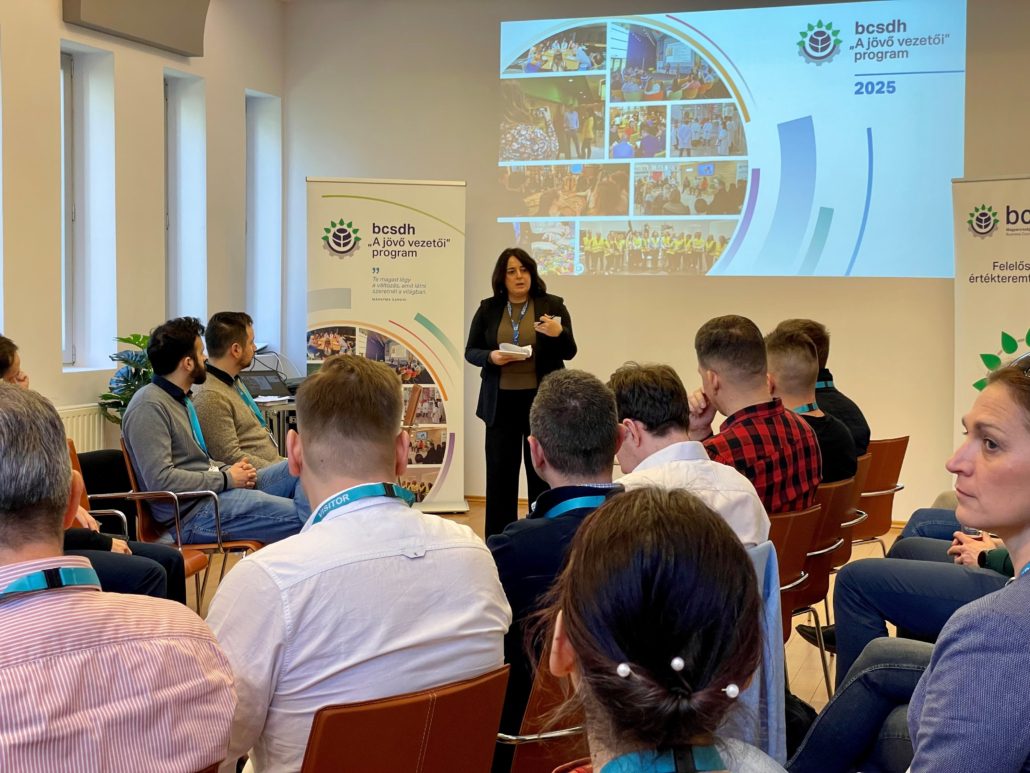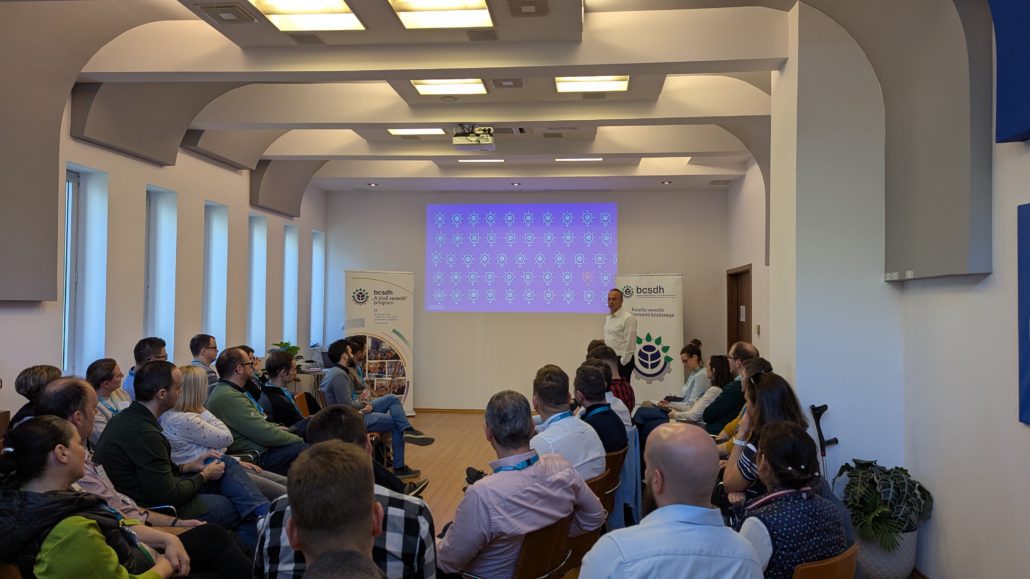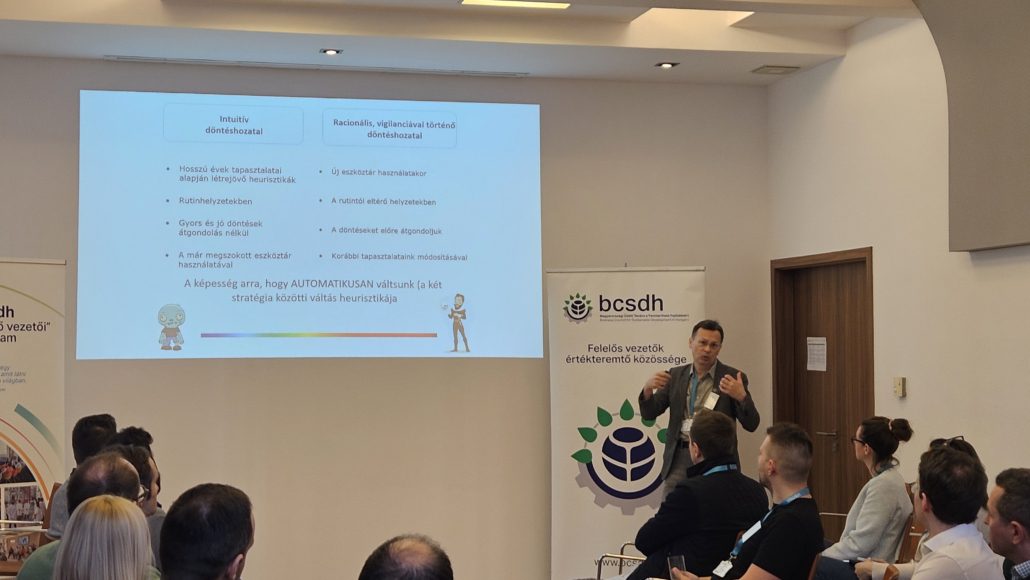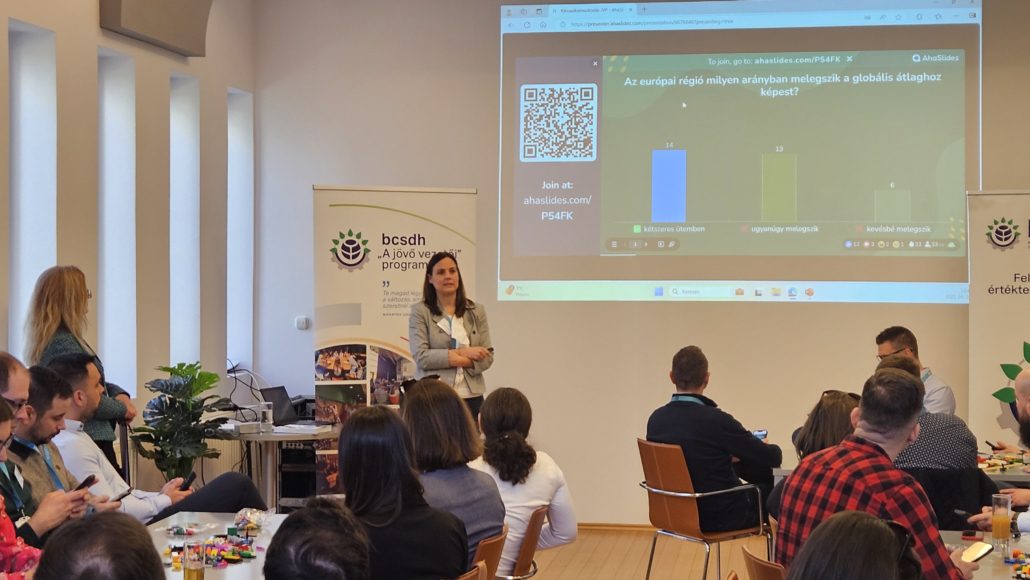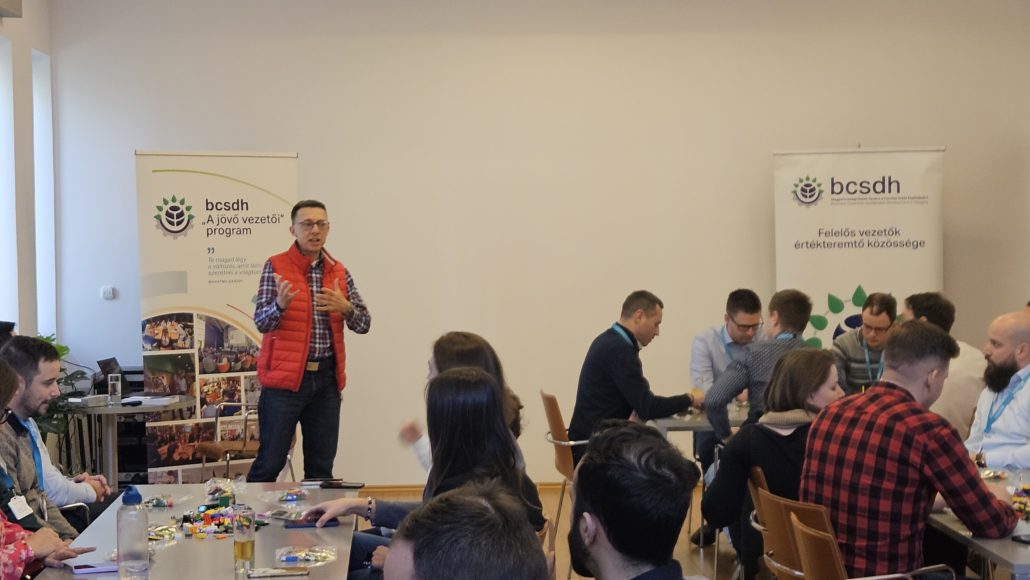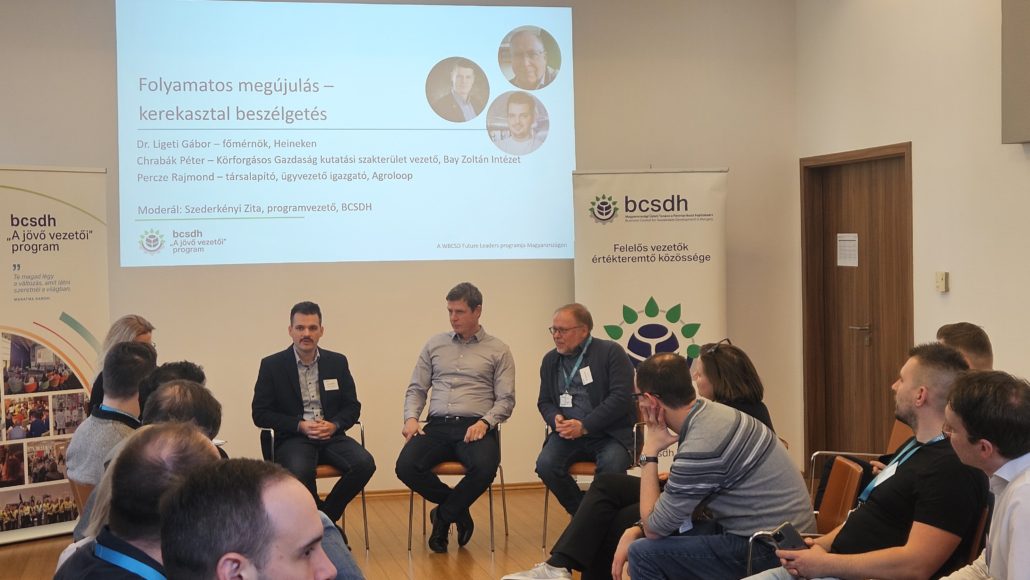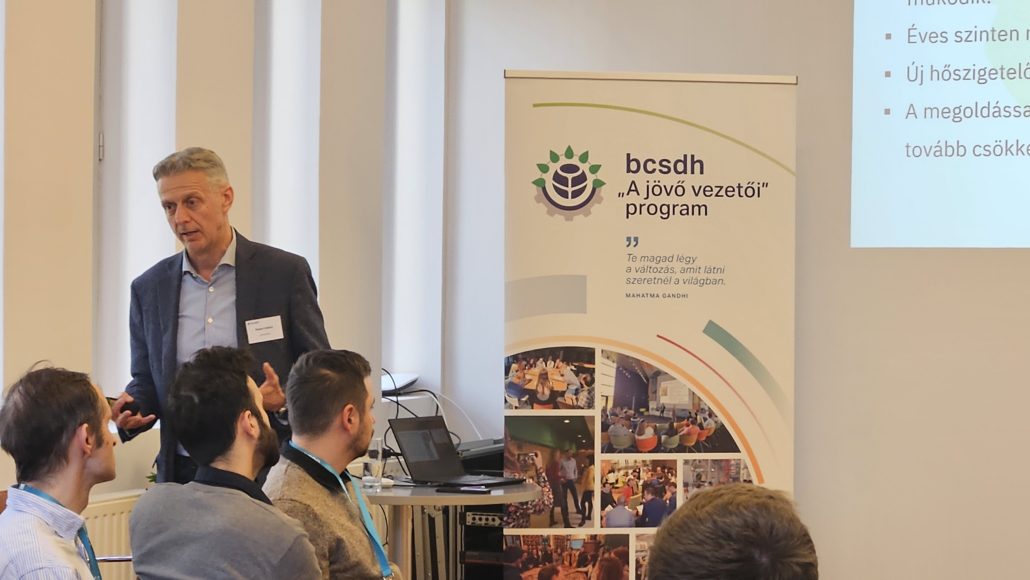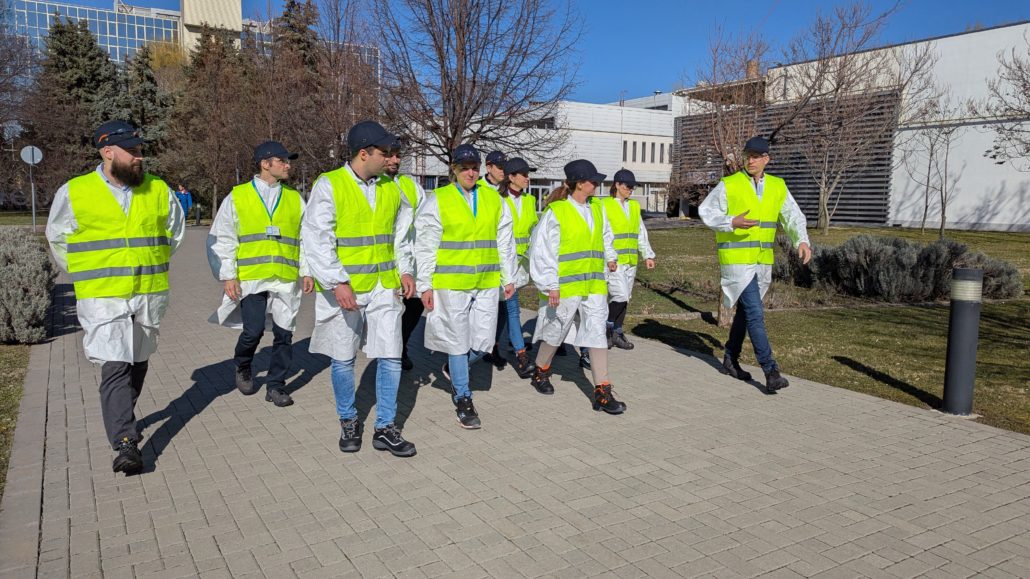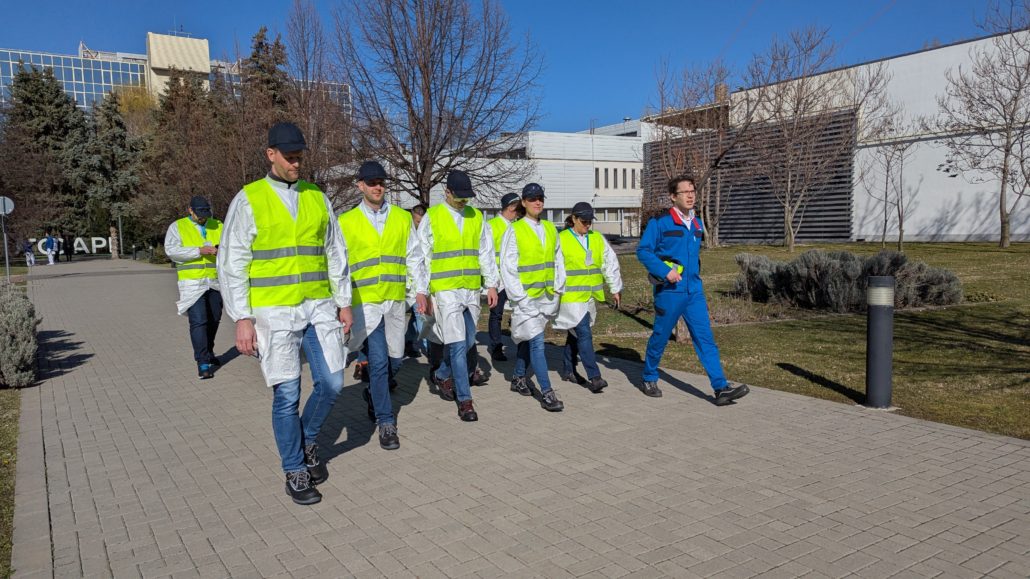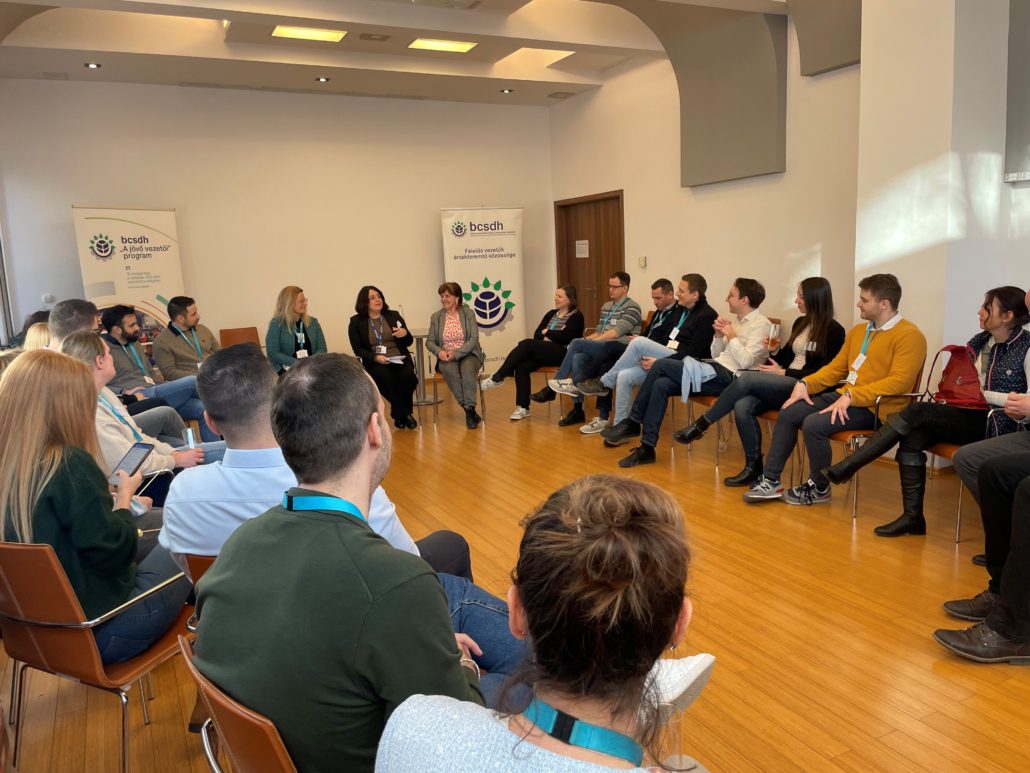On 13 May, the Ministry of National Economy submitted to the Parliament its bill on the foundation of Hungary’s 2026 central budget, which introduces several significant changes to the ESG law.
This article summarises the proposals contained in the submitted draft, with the final vote (and publication of the final changes) expected in mid-June. Follow our online platform where we will keep you updated on the latest developments.
Narrowing of the scope of the affected companies
The new changes will significantly narrow the scope of companies covered by the Act. Following the entry into force of the amendment, the obligation under Article 1(1)(b) of the Act will apply only to large companies which:
- carry out their principal activity in the sectors listed in the Annex to the ESG Act, and
- their annual net turnover exceeds HUF 90 000 million, and
- employ at least 500 persons at the balance sheet date of the financial year.
Large enterprises of public interest will continue to be covered by the law, and certain financial services providers will also be covered by the law on the basis of sectoral classification.
Small and medium-sized enterprises of public interest are excluded from the scope of the Act.
Simplifications in the area of reporting
For ESG reporting for the financial years 2024, 2025 and 2026:
- no certification is required,
- no need to send the report to the Authority,
- no need to publish it publicly.
However, the ESG report must be prepared by the companies concerned for these years as well, and approved by the company’s management body.
Request for information
The government also wants to reduce the burden on SMEs, therefore:
- Until 30 June 2027, micro or small enterprises will not be required to provide ESG data, nor will they be obliged to provide ESG data in the form of a contract or written declaration (the latter provision also applies to medium-sized enterprises).
- It is expected that small and medium-sized enterprises will be able to fulfil their ESG reporting obligations by obtaining an ESG certification from a public ESG certification body, and will not have to fill in supplier questionnaires.
Changes to corrective actions
The scope of corrective actions is also being refined:
- instead of 3 months, companies will only be obliged to suspend business relations with their direct supplier for 30 days if corrective action fails,
- companies will no longer be obliged to cease doing business with their direct suppliers of high-risk activities.
Implementation of the Omnibus package has started
Also on 13 May, a bill on certain tax obligations and amending certain tax laws was submitted to transpose Directive 2025/794 of the European Parliament and of the Council, adopted as part of the Omnibus package.
Under this measure, CSRD Wave 2 and 3 companies will have to start applying the legislation two years later.





